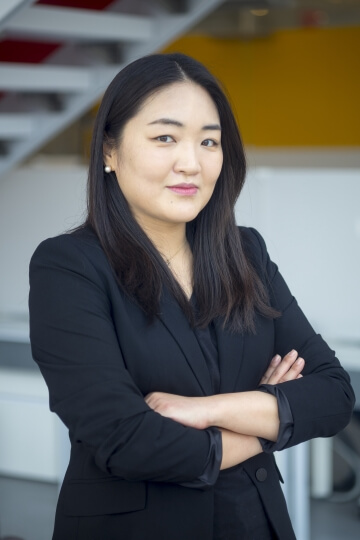Brain Science Breakthrough: Pioneering Neuroscientist Lands at Harvard's Cutting-Edge Kempner Institute

Harvard's Kempner Institute Welcomes Back Accomplished Researcher SueYeon Chung
The Kempner Institute is thrilled to announce the appointment of SueYeon Chung, Ph.D., a distinguished alumna who is returning to Harvard in a dual role as a Kempner Institute Investigator and faculty member in the Faculty of Arts and Sciences (FAS) Center. Chung's remarkable academic journey brings her back to the institution where she originally earned her doctoral degree, promising to contribute groundbreaking insights to the institute's innovative research landscape.
With her impressive background and deep connection to Harvard, Dr. Chung represents the institute's commitment to nurturing and supporting exceptional scientific talent. Her return marks an exciting new chapter for both the Kempner Institute and her own professional trajectory, highlighting the ongoing collaboration between emerging researchers and established academic institutions.

